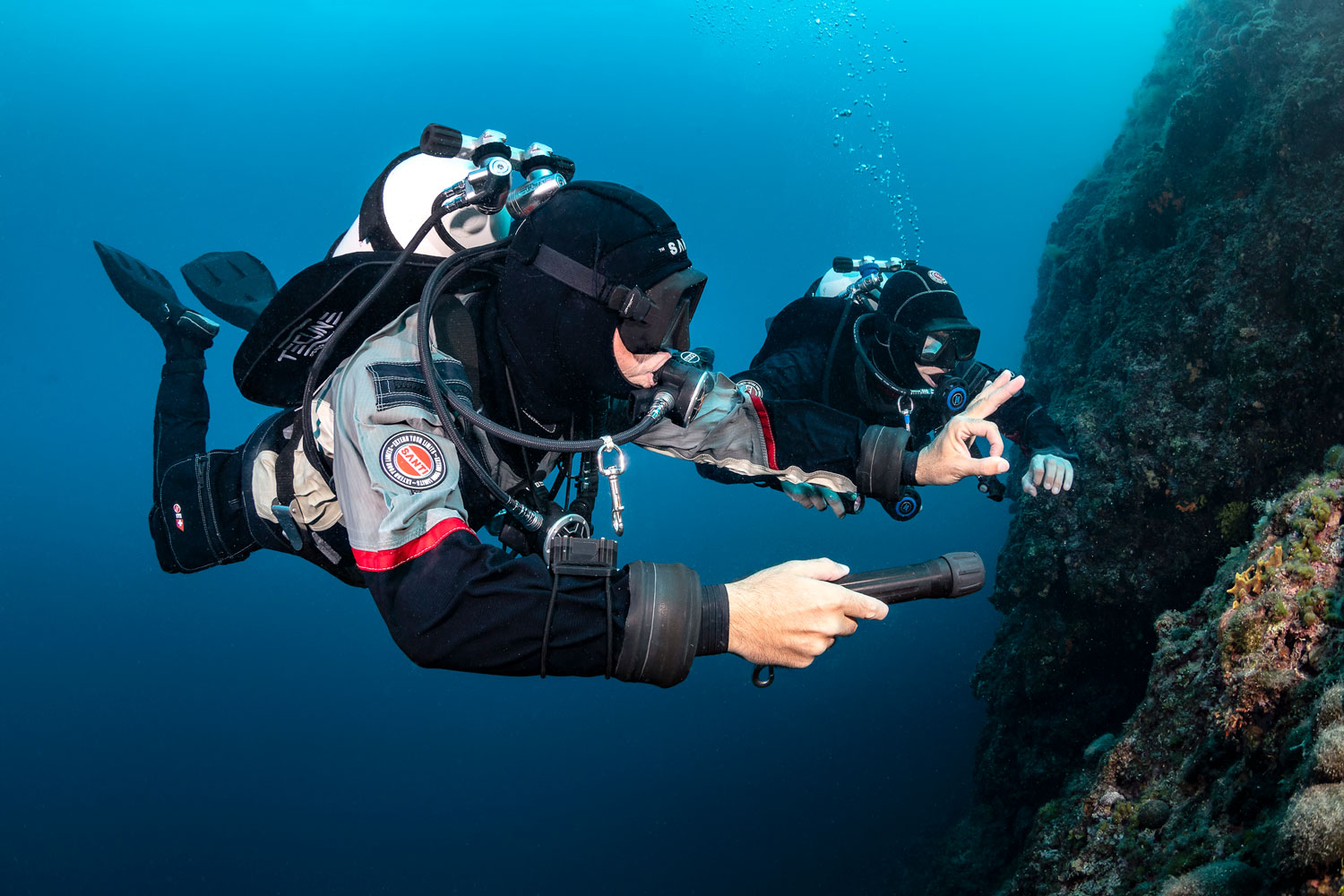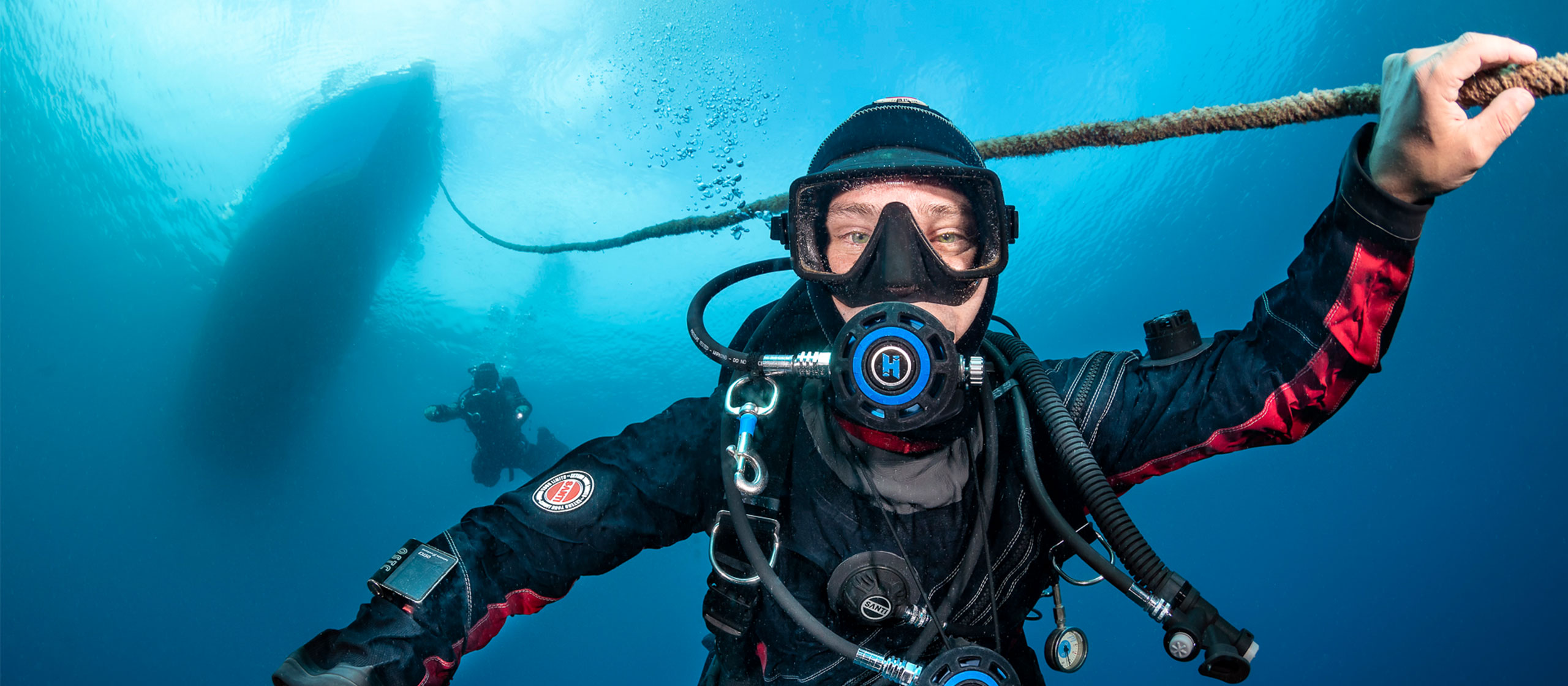Features
The Top 5 Reasons Why Diving Insurance Claims Get Denied
When it comes to insurance policies, nothing is more frustrating than having a claim rejected. After all, what’s the use of an insurance that doesn’t cover your costs?
At IDA, the insurance company of the DAN Europe Group, refusing to cover a DAN member is the least preferred outcome. That’s why, every year, thousands of DAN Europe members successfully claim their medical expenses.
A small fraction of claims, however, do get rejected, usually because of a handful of errors made by the claimants.
Let’s explore the five most common mistakes that lead to insurance claims being denied.
1 – Failure to involve the DAN Alarm Centre early on
As a DAN Member, you can rely on an exceptional tool: the DAN Alarm Centre. Available 24/7, you can request help via telephone, VoIP call, and email, from anywhere in the world.
Not only will you receive specialised assistance by our doctors and experts; DAN may also be able to guarantee that your expenses will be covered or even take on your costs, so that you don’t have to pay anything up front.
By contrast, if you only involve DAN after you’ve already received treatment, you may find out that some expenses fall outside of your insurance cover.
Tip: In case of emergency, contact the DAN Europe Alarm Centre as soon as you reasonably can.

2 – Late notification
Suppose you had an accident but didn’t immediately involve DAN to help you handle the situation. That may not be an issue in itself, as you can still file a claim.
However, it is crucial that you notify the insurer within 60 days from the date of the accident. If you miss this deadline, your claim might be rejected.
In the past, some members have unfortunately made the wrong assumption that they should wait until all medical treatments are completed before they can initiate the claims process.
In fact, it is paramount that you notify the insurance company as soon as possible, even if you don’t know yet how much you will claim eventually.
Tip: Always notify IDA within 60 days from the date of the incident.
3 – Exceeded travelling days
A special feature of many DAN insurance plans is the so-called “non-diving cover”.
For instance, with the Sport Silver insurance plan you will be covered for non-diving related emergencies while travelling abroad for a maximum of 90 days per year.
Now, consider this scenario: you decide to travel outside of your country of residence for 2 months. After your return, you still have 30 days left on your plan. Later the same year, you make another trip, this time for 40 days.
In this example, you’ll have spent 100 days travelling abroad. Only the first 90 of them fall within the scope of the non-diving cover.
Result: if you had a non-diving related accident during the last 10 days of your trip, you wouldn’t be able to make an insurance claim for it.
Tip: Before travelling, check the remaining validity of your non-diving cover. Also, keep a copy of your travel tickets.

4 – Failure to review the terms and conditions
We get it: Reading insurance documents can be boring. But when your well-being is on the line, taking a few minutes to review your policy can make all the difference.
Being aware of any exclusions is particularly important, as there might be elements you didn’t consider.
Relying on unqualified advice is also risky. Your friends may be great dive buddies, but they might not be as reliable when asked about what’s covered by DAN.
At the end of the day, a claim will be accepted or denied based on what’s written on these documents, not on what you or your buddies assumed was covered.
Tip: Read carefully what it’s covered and what is not covered. If in doubt, ask DAN Europe.
5 – Incomplete documentation
To make an insurance claim, you need an invoice or other proof of payment. However, having clear medical reports is also vital.
For example, suppose you underwent a hyperbaric chamber treatment but have no medical report stating why you needed such a therapy. Without a proper report by the treating facility, the insurer will be unable to cover your expense.
Tip: Always request and keep all medical reports, proofs of payment, and invoices.
Filing an insurance claim is not fun. One would rather avoid accidents in the first place. But if you ever find yourself in this type of situation, now you know how to save yourself further stress and ensure a smooth and hassle-free refund process.
About the author
Emanuele has been with DAN Europe since 2013 and currently serves as the Customer Experience Manager. He is dedicated to enhancing the experience of DAN Members by improving clarity and ease of use. Emanuele is fluent in Italian, English, and Spanish, and is passionate about DAN Europe’s contributions to the diving community.

